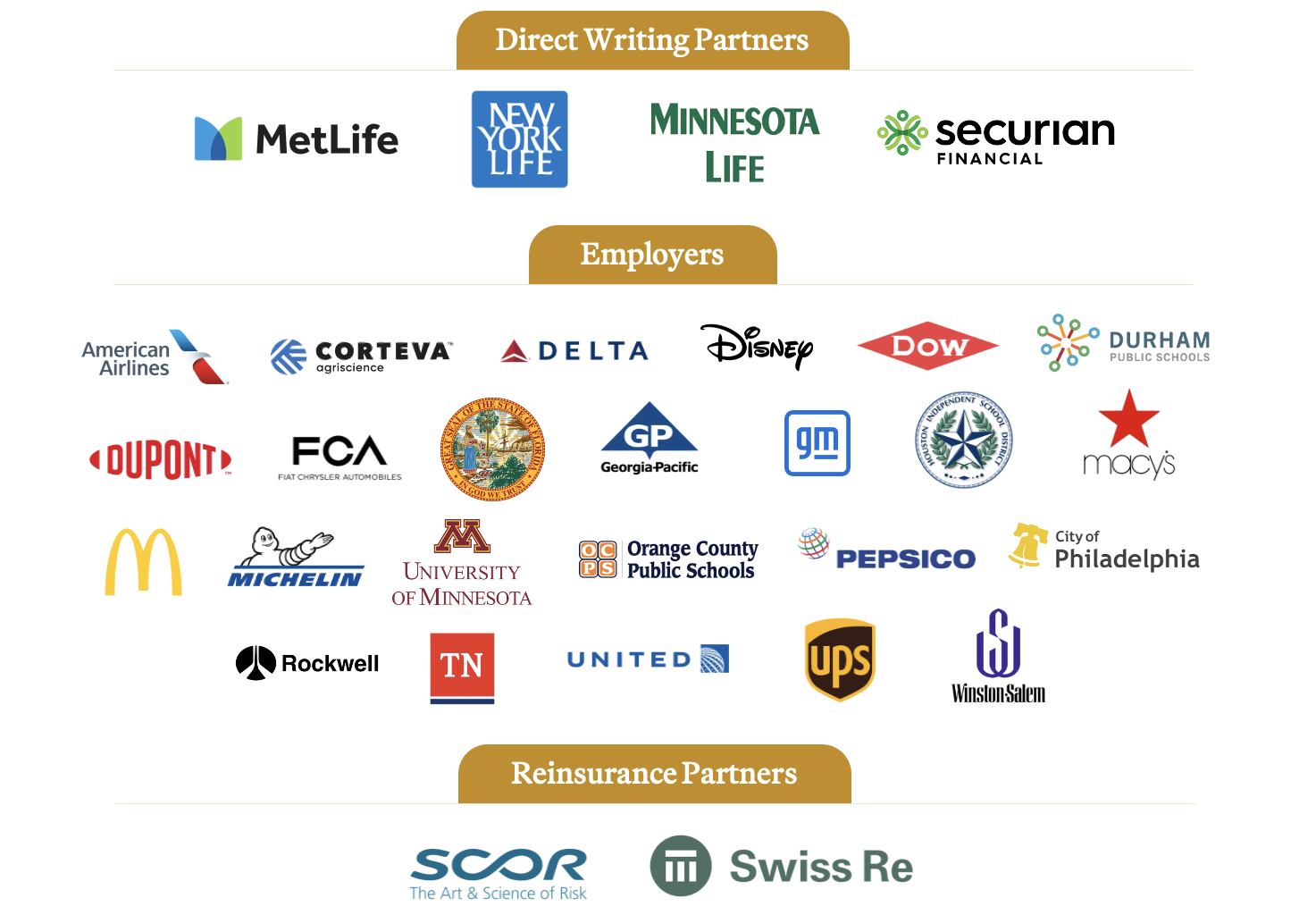What is Group Insurance?
Group Insurance is a type of insurance that is typically offered to a group of people, such as employees of a company or members of an organization. Group Insurance Benefits are a type of insurance coverage that is a valuable and cost-effective way for organizations to provide essential coverage to their employees or members. This coverage typically includes various types of insurance that helps to protect individuals and their families against specific financial risks and medical expenses.
What Does Group Insurance Cover?
Group insurance typically includes a range of coverage options, which can vary depending on the organization and its goals. Here are some common types of group insurance:
- Life Insurance
- Disability Insurance
- Health Insurance
- Dental Insurance
How Does Group Insurance Work?
Group insurance provides coverage to multiple individuals under a single policy, thus allowing the risk to be spread across a larger pool of people to allow the cost of the benefits to be lower. Employers or organizations typically negotiate group insurance contracts with insurance providers. Premiums are usually paid by the organization, either in full or shared with members. Employees or group members then enroll in the plan, and coverage is extended to them and their eligible dependents.
Group insurance offers several advantages:
- Cost Savings: group plans often have lower premiums than individual policies, making coverage more affordable
- Access to Coverage: members may have access to insurance they might not otherwise qualify for individually
- Employer Contribution: many employers contribute to the cost of group insurance, enhancing employee benefits
What Is Reinsurance?
Reinsurance, often referred to as “insurance for insurance companies,” results from a contract between a reinsurer and an insurer. The fundamental principle of reinsurance is that a transfer of an insurance risk occurs. In a reinsurance transaction, the reinsurance company assumes the risks of all or part of one or more insurance policies.
How Reinsurance Works
- Ceding Company: This is the insurance company that issues the insurance policies and collects premiums from policyholders. The ceding company may have concerns about the potential for large losses from these policies and/or has a need to spread the associated risks.
- Reinsurer: The reinsurer is a separate insurance company that agrees to share a portion of the premiums, liabilities and risks associated with the policies issued by the primary insurer.
- Risk Transfer: By entering into a reinsurance agreement, the ceding company transfers a portion of its risk to the reinsurer. If a covered event, such as a death (in the case of life insurance) or a healthcare claim (in the case of health insurance), occurs, the reinsurer is responsible for covering a portion of the associated costs. This helps the primary insurer spread its risk and limit its exposure to large claims.
Opportunity for Supplier Diversity Spend
As a certified Minority Business Enterprise (MBE), Atlanta Life is a reinsurance provider and an avenue for either Tier-1 or Tier-2 supplier diversity spend. As an employer, you can achieve your Supplier Diversity spend goals through having your Group Insurance provider reinsure a portion of your Group Insurance to Atlanta Life.
If you are interested in learning more, please contact us.

